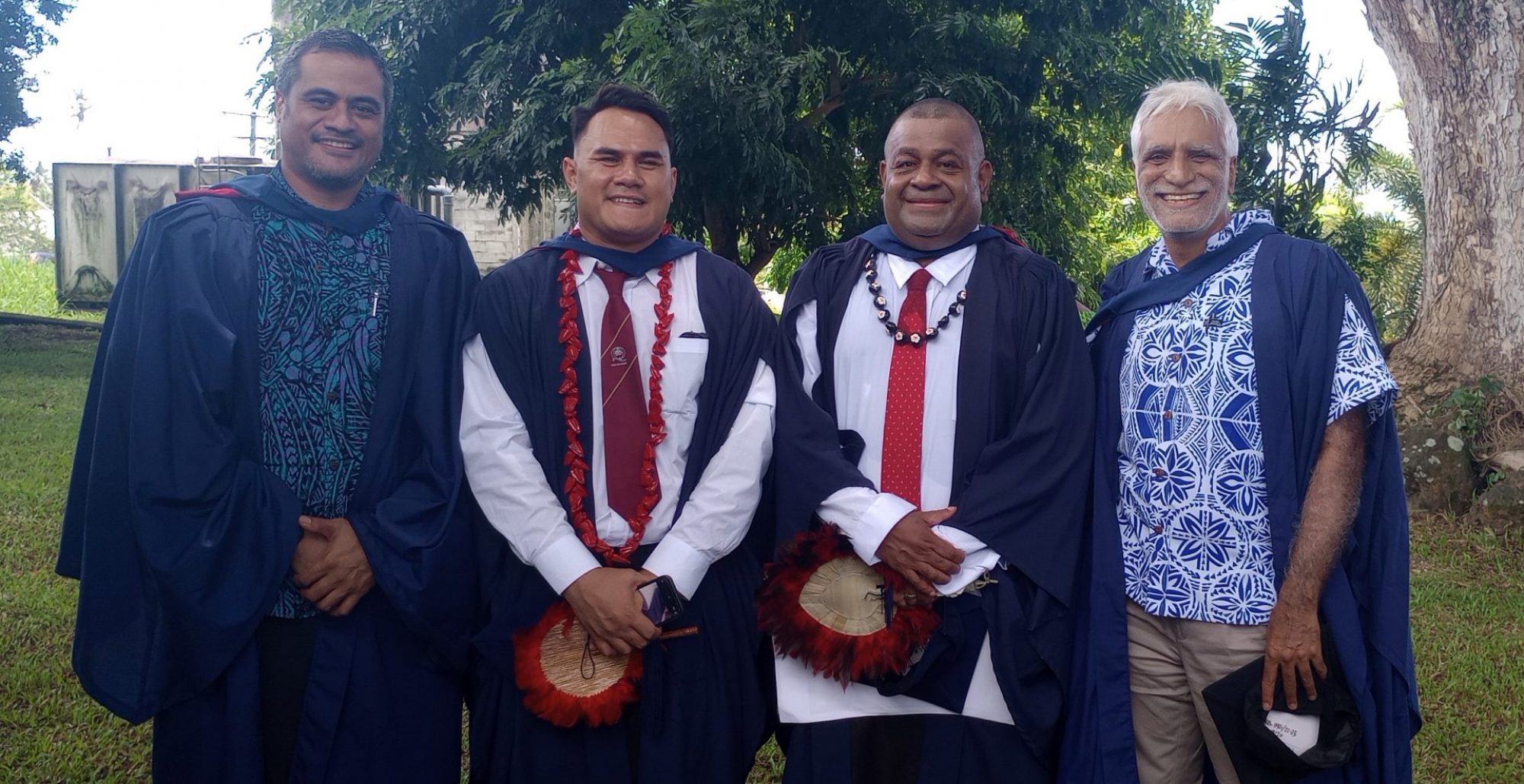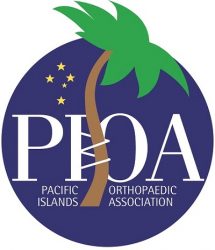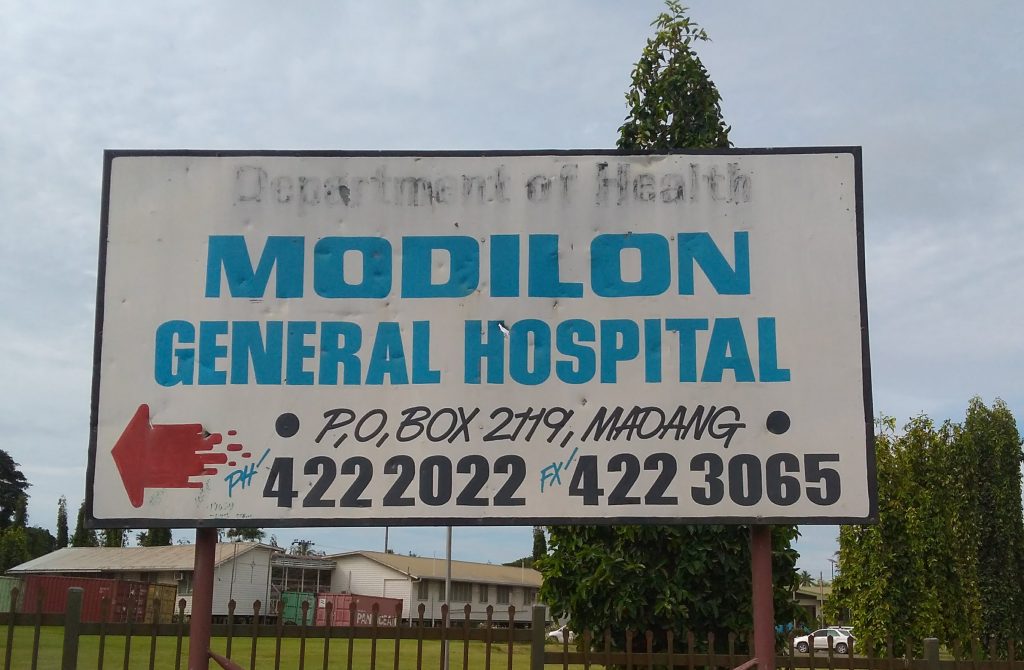
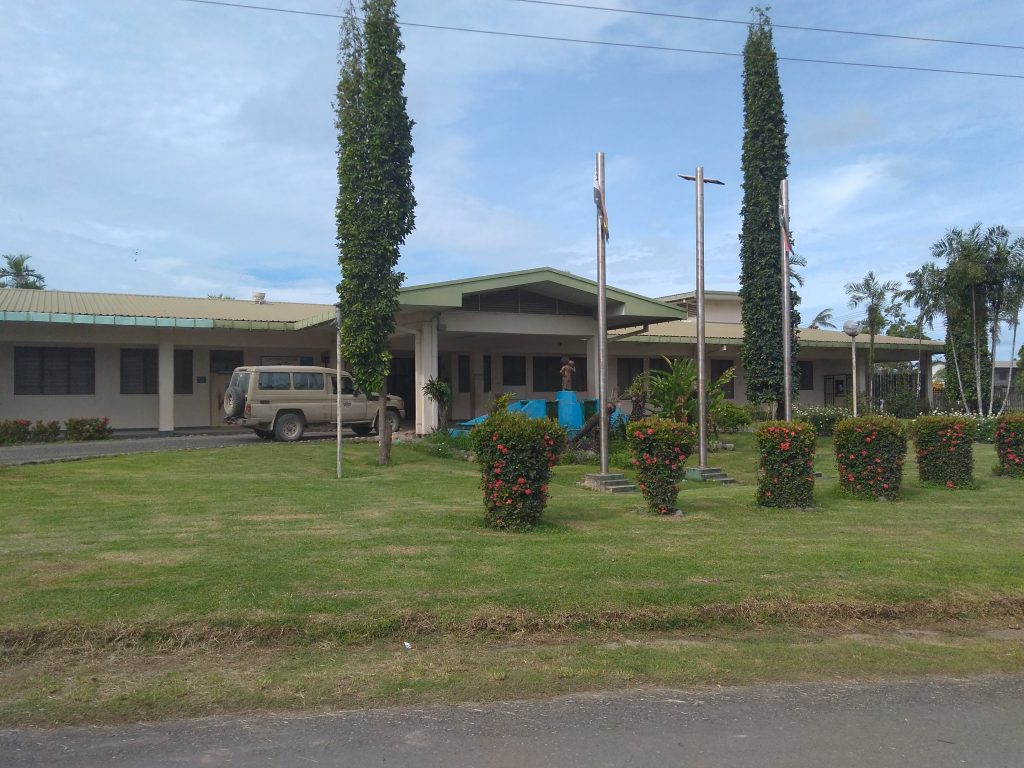
Module 1 was held at the Modilon Hospital and the Madang Lodge Conference room in Madang, Papua New Guinea(PNG) from January 29th to February 16th, 2018. This was the first time we combined two courses in one module over 3 weeks and the first time we have held the Research module There were 14 trainees in the Trauma module and 20 trainees attended the first ever Research module. They are Dr. Shaun Mauiliu and Areta Samuelu from Apia in Samoa, Dr. Kabiri Itaka from Kiribati, Dr. Stephen Kodovaru, Dr. Alex Munamua, Dr. James Tewa’ani and Dr. Clay Siosi from Solomon Islands, Dr. Pita Sovanivalu and Dr Mark Rokobuli from Fiji, Dr. Johnny Hedson from Pohnpei, Federated States of Micronesia, Dr. Naseri Aiotato from American Samoa and Dr. Alois Mouemuem, Dr. Jimmy Yakea and Dr. Petrus Opum from Popondetta, Dr. Thomas Kiele from Kavieng, Dr. Raymond Saulep from Kundiawa, Dr. Felix Diaku and Dr Kevin Lapu from Rabaul, Dr. Stevens James from Lae and Dr. Anthony Nasai from Wabag (all from PNG).
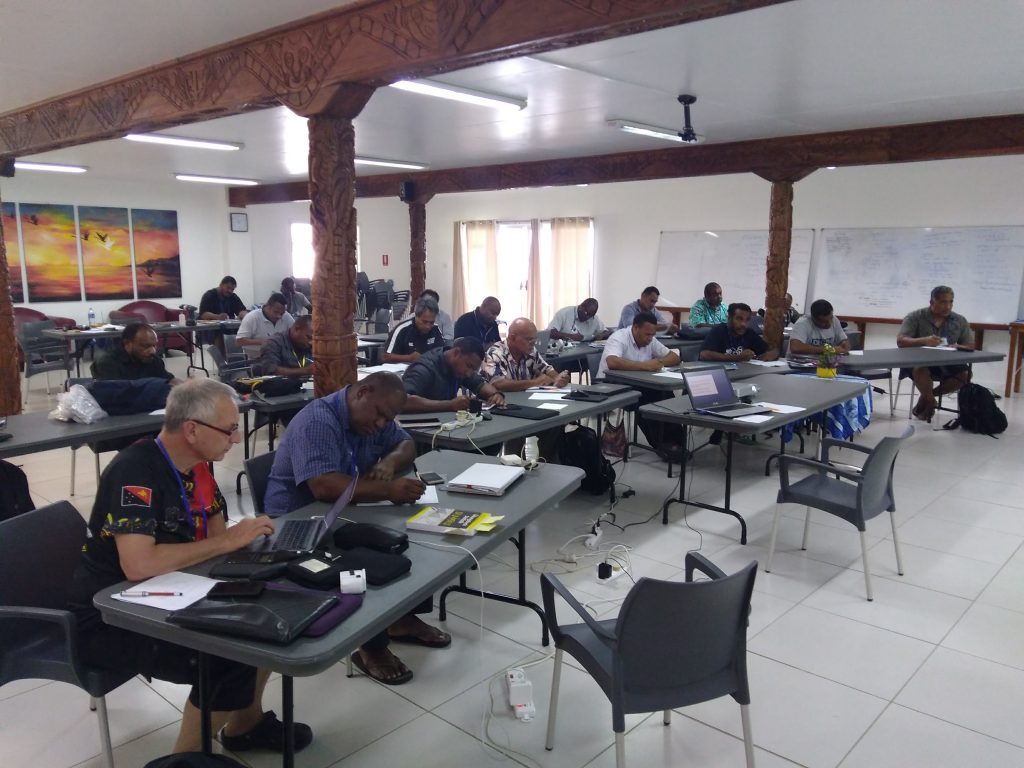
The lectures were delivered by Dr. Nik Friederich, Dr. Jochen Ruckstuhl, Dr. Gerold Lusser (all from Switzerland) Dr. David Bartle from New Zealand, Dr. Stephen Kodovaru from Solomon Islands Dr Sara Coll and Dr. Des Soares from Australia.
In this module, the students were taught a systematic approach to diagnosis and management of trauma. This included clinical history taking and a thorough clinical examination with emphasis on a systematic approach to the management of trauma including the management of the soft tissues and the management of closed and open fractures. In addition, there were focussed lectures and practicals on the management of trauma affecting the long bones of the limbs.
Lectures were supplemented with practical demonstrations. Each morning we commenced with a ward round seeing two or three patients and getting the students to present the history and clinical signs of the patients. Their management was then discussed and suggestions for improvement were made. This was a useful exercise as we were able to improve clinical skills. It was also helpful to try and elucidate clinical reasoning and decision making and help with developing these skills. The students enjoyed having expert advice on the management of bone and joint infection and trauma – both of which are common conditions throughout the Pacific and are often poorly managed. PNG has a large volume of severe trauma due to bush knife (machete) and gunshot wounds. The students were assessed with a written examination on the final day of the Trauma course.
In the Research module students were taught critical appraisal skills, biostatistics and research methods. The goal is for our students to be able to identify areas of research they can successfully perform and publish to improve the outcomes not just for their patients but for patients throughout the developing world. Every student left the module with a written and team reviewed research proposal to implement.
Overall the 3-week module was intense, and it was obvious the students were stimulated to learn. The students are now already reading ahead to prepare for the next module on Paediatric orthopaedics and Orthopaedic Tumours to be held in Apia Samoa, commencing on 29 July 2018.
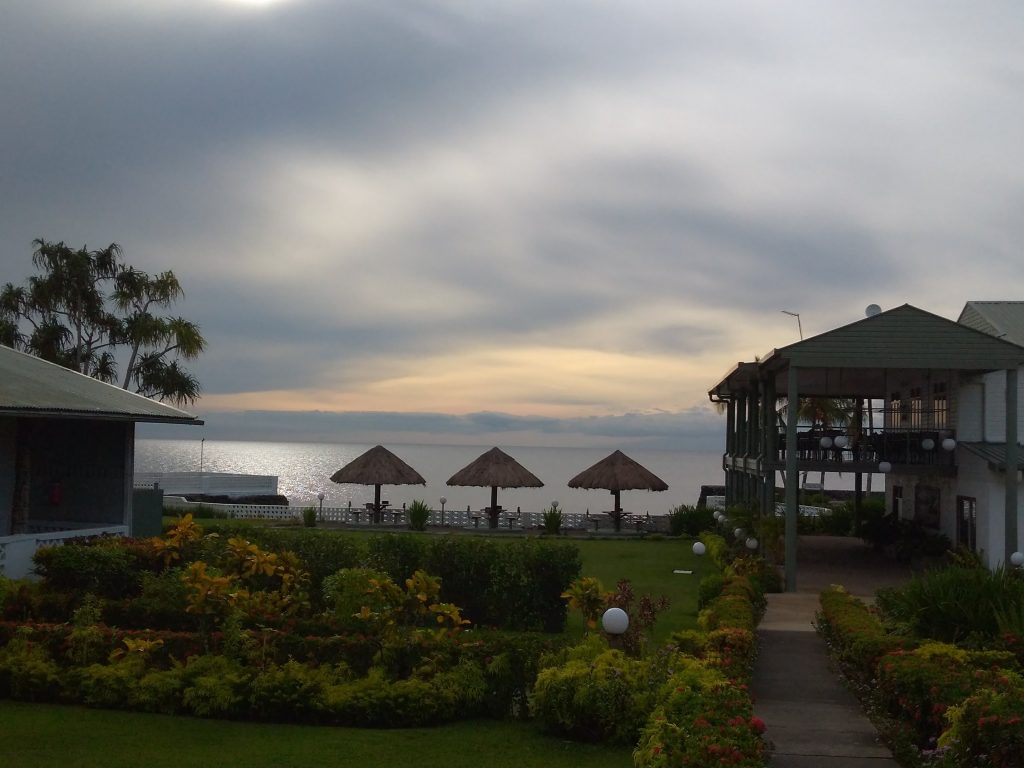
Our thanks to the staff and patients of the Modilon Hospital, Madang and the Madang Lodge for the use of the Conference room and for allowing us to conduct the course there. Our special thanks to the staff of Madang Lodge who provided nutritious food for the duration of the course and made us feel at home. Finally, this module would not have been possible without the generous financial support from Wyss Medical Foundation, AO Alliance Foundation and South Pacific Projects..
